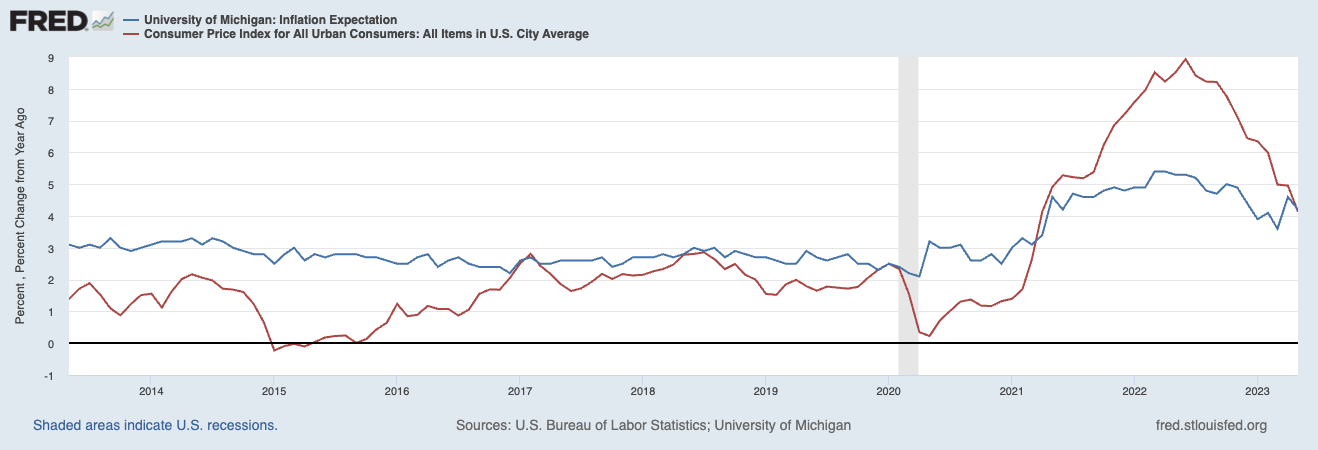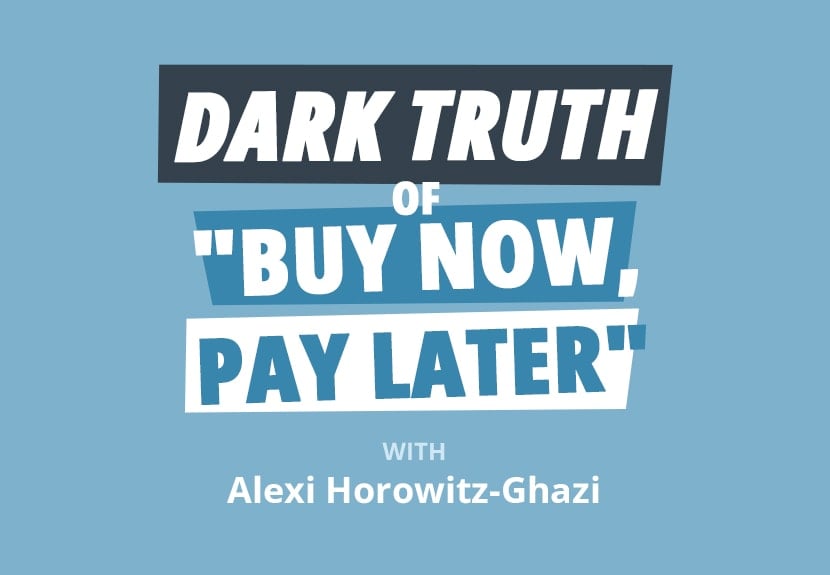Few movie stars have had as good a run in their first three movies as Eddie Murphy: 48 Hours, Trading Places, and Beverly Hills Cop are all classics (Best Defense doesn’t count). But, more than once, when I’ve been watching Trading Places – released 40 years ago this month – someone has asked me towards the end: “What is going on?”
By that point in the movie, Billy Ray Valentine (Murphy) and Lewis Winthorpe III (Dan Aykroyd) want to get their own back on the Duke Brothers, a pair of commodities brokers. They know that the Dukes have bribed a corrupt Department of Agriculture official so that they can get an early look at orange crop forecasts. With this knowledge, the Dukes plan to “corner the entire frozen orange juice market.” To stop this, Valentine and Winthorpe switch the actual crop report for a forgery and deliver this to the Dukes.
Which brings us to the finale, set in the old World Trade Center. The forged crop report has led the Dukes to believe that a cold winter has negatively affected the orange crop and that orange juice prices will rise as a result. To profit from this, they spend heavily to buy frozen concentrated orange juice futures contracts, which drives the prices of those futures contracts up even further.
Futures contracts commit the buyer to buy a commodity, like frozen concentrated orange juice, in the future at a price set at the time of the purchase of the futures contract. So, if you sign a futures contract today to buy frozen concentrated orange juice at $256lb next month and the price is above that next month, you make a profit. If the price is lower, however, you make a loss (assuming in both cases that you sell your frozen concentrated orange juice as soon as you buy it).
Valentine and Winthorpe, by contrast, start short selling frozen concentrated orange juice futures. Short selling involves borrowing something, like a futures contract, and selling it. The short seller has to buy the asset back at some later time and return it to the person they borrowed it from. If the asset falls in price between the sale of the borrowed asset and the purchase the short seller will make a profit. If the asset’s price rises, however, they will make a loss. Short selling is something you only do if you think the price of the asset is going to fall.
And, of course, Valentine and Winthorpe have access to the actual crop report. When it is announced that “The cold winter has apparently not effected the orange harvest…consumers can expect orange juice prices to fall,” the price of frozen concentrated orange juice futures contracts crashes. Valentine and Winthorpe, who sold their borrowed futures contracts at the high price, are able to buy them back at the new low price, honoring their contracts and making a killing. The Dukes, by contrast, have amassed commitments to buy orange juice at prices much higher than the new, low price, and are ruined.
This is all enormously entertaining, but doesn’t it illustrate what a lot of nonsense things like futures contracts and short selling are? Shouldn’t we ban them, as is often proposed, most recently as valuations of American banks collapsed? “Sounds to me like you guys are a couple of bookies,” Valentine says when the Dukes explain commodity broking to him.
In fact, both futures contracts and short selling can be pretty useful. Imagine an orange juice producer who is going to produce 100,000lb of oranges over the year. The current price, $256lb, is the highest since at least 2009, but there is no guarantee that price will hold when they are ready to bring their oranges to market. By committing now to sell at $256lb a year from now, futures contract allow the producers of commodities, often with volatile prices, to insure against that volatility. This increases production, lowering prices overall.
Short selling can act as a source of discipline. If an asset’s price rises so that enough market participants think that profits can be made ‘shorting’ it, they will do so and puncture any potential bubble. That is why assets that lead to bubbles, like mortgage-backed securities before the 2008 financial crisis, are frequently the ones which are difficult or nearly impossible to short.
If Trading Places is about anything, it is about the discipline of the market place. Within five years, the Dukes are living on the streets of New York, subsisting on charity. The next time you watch it, hopefully you will have fun, hopefully the end will make a little more sense, and hopefully you’ll appreciate the glimpse it gives of commodity markets in action.
John Phelan is an Economist at Center of the American Experiment.
















